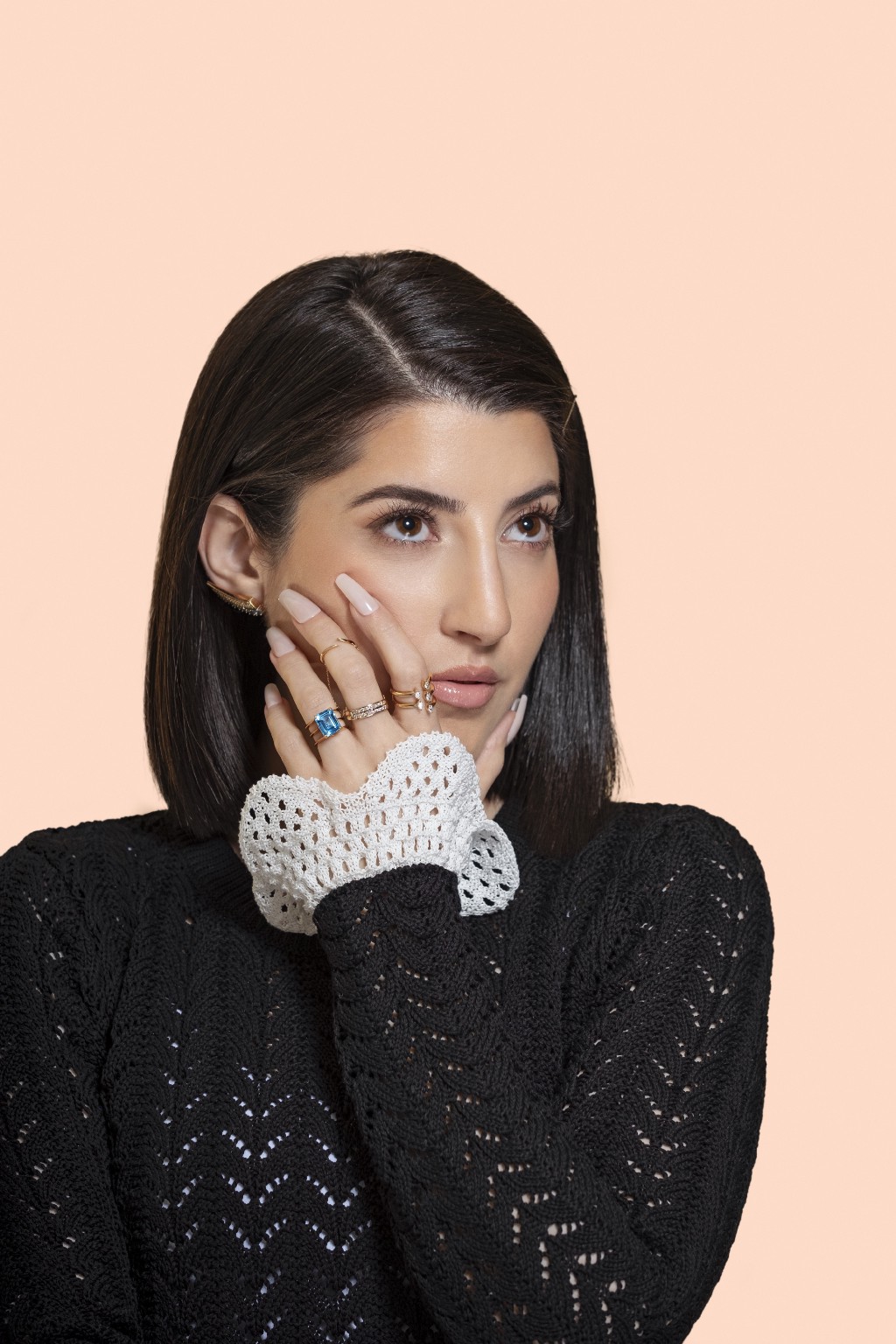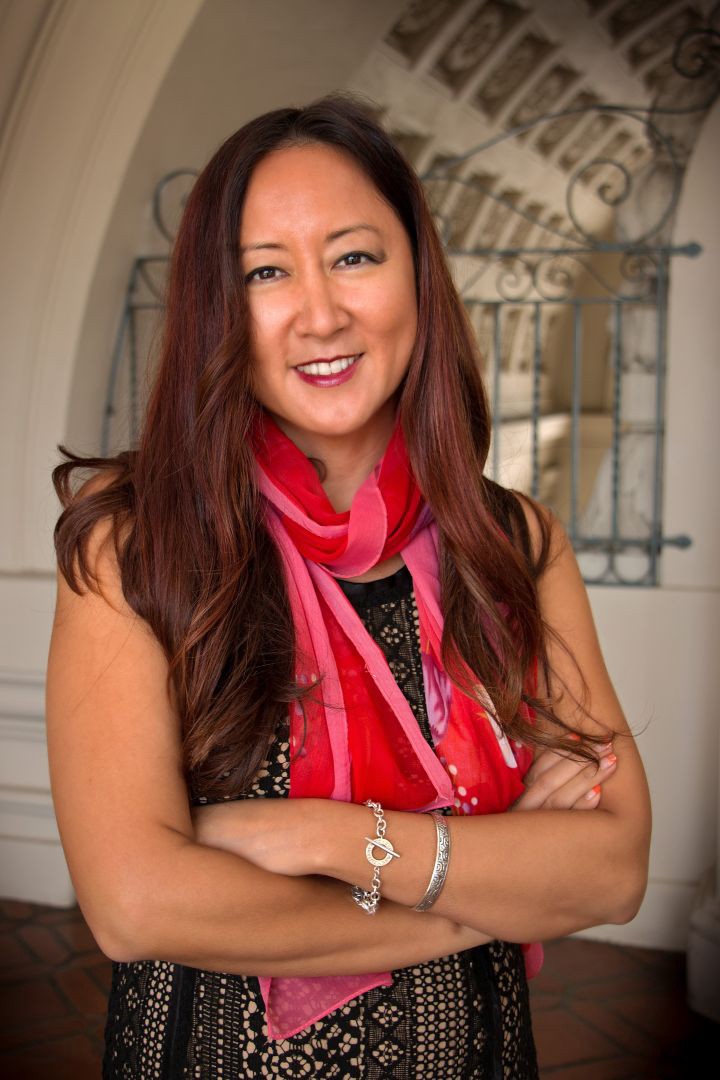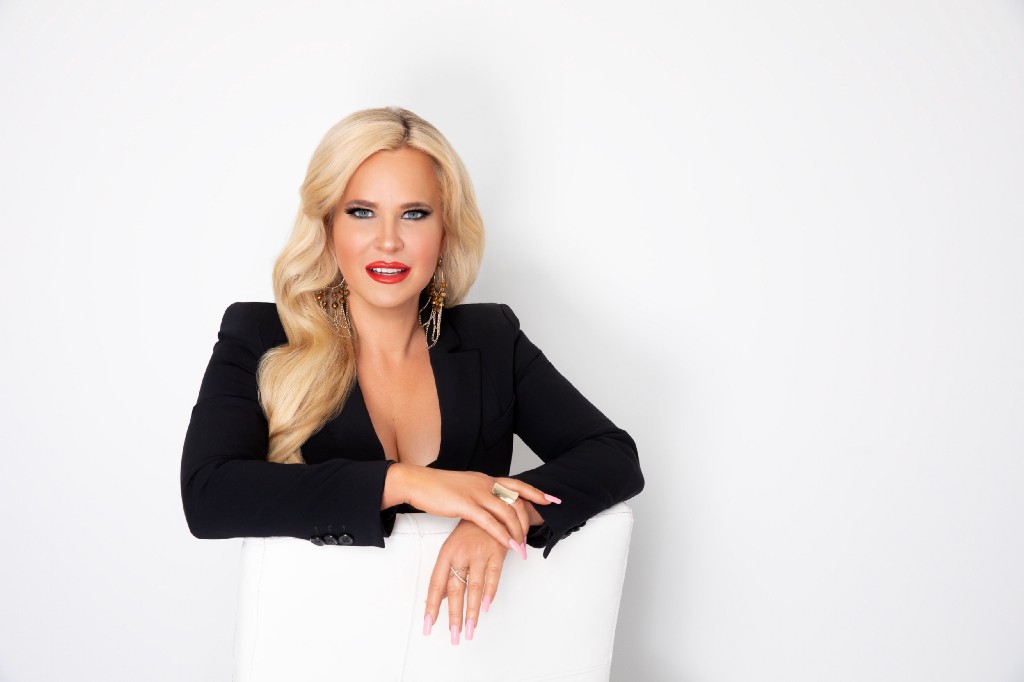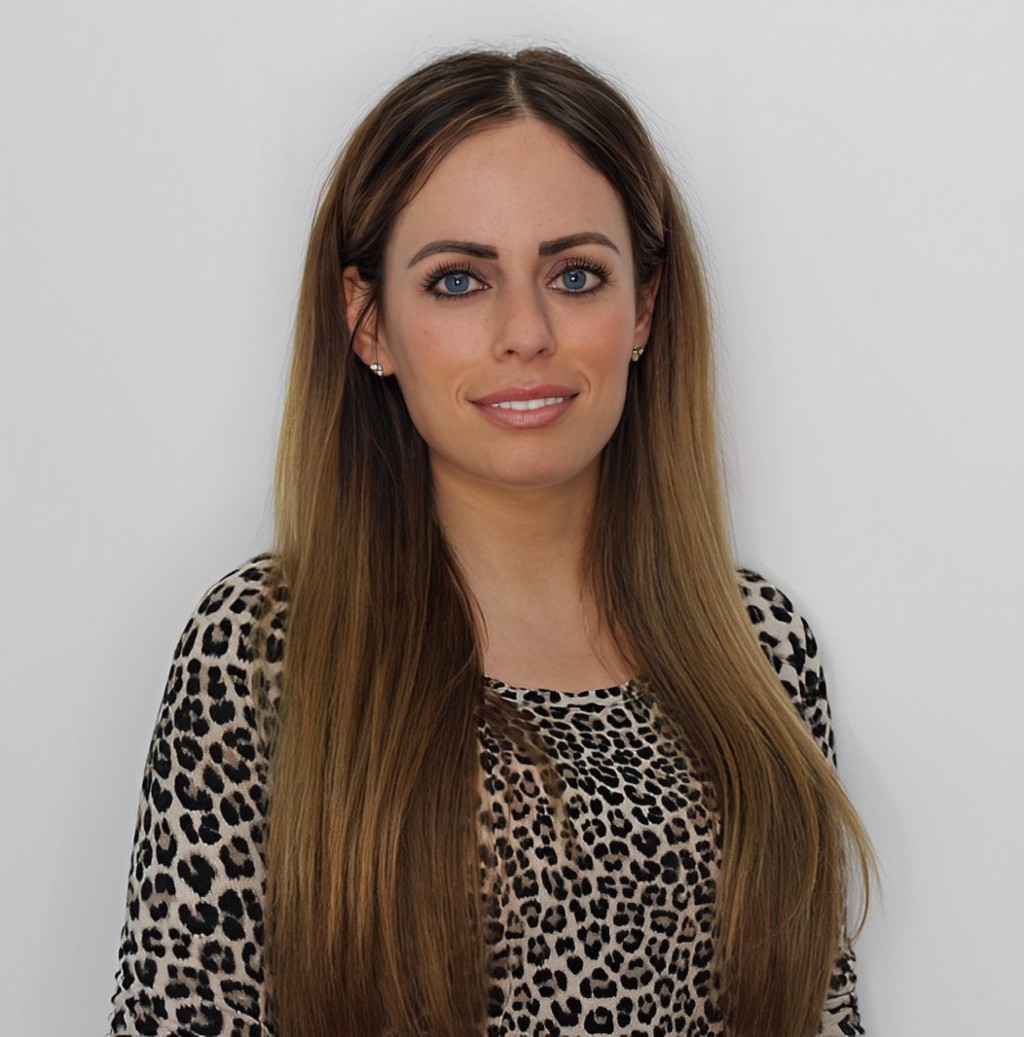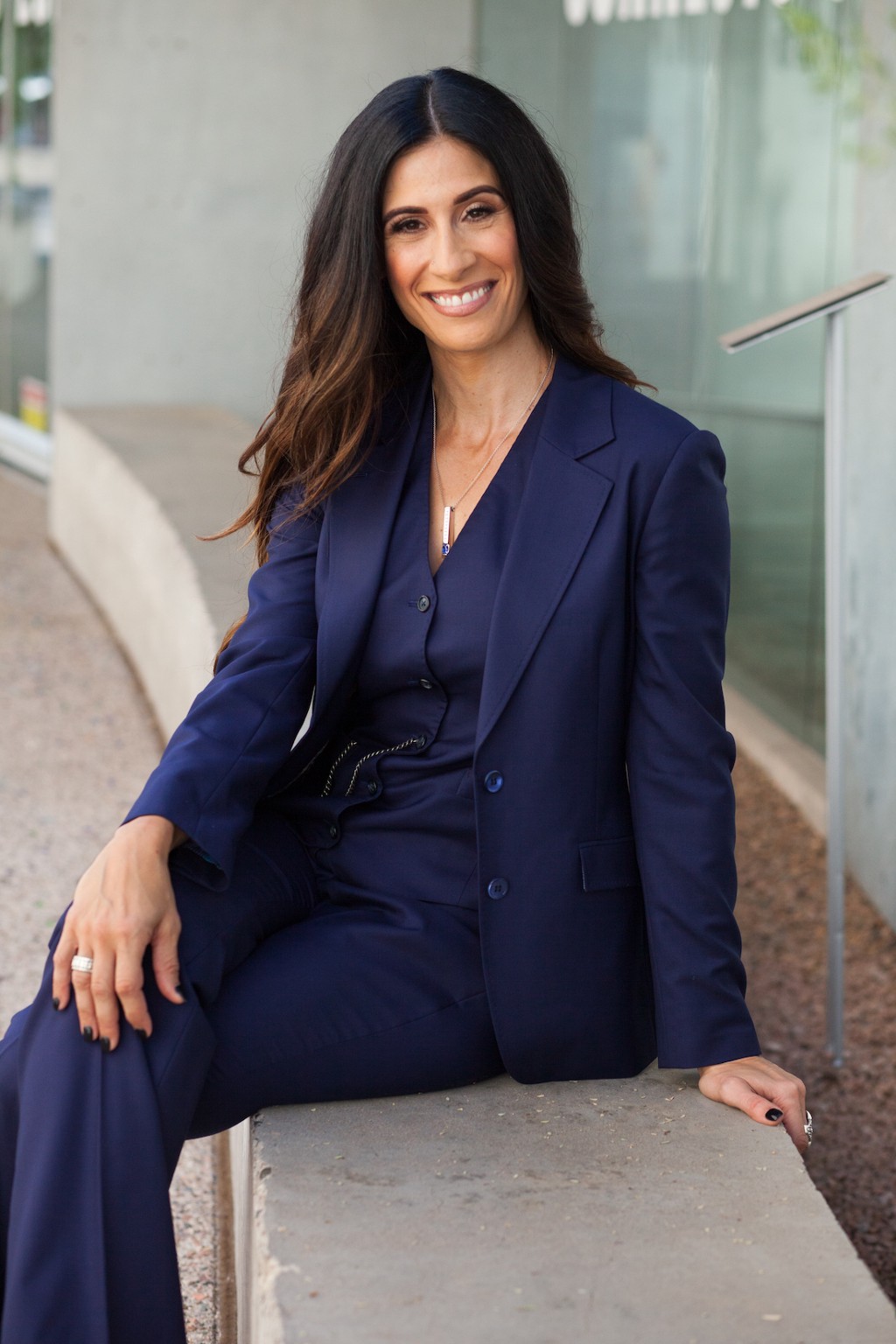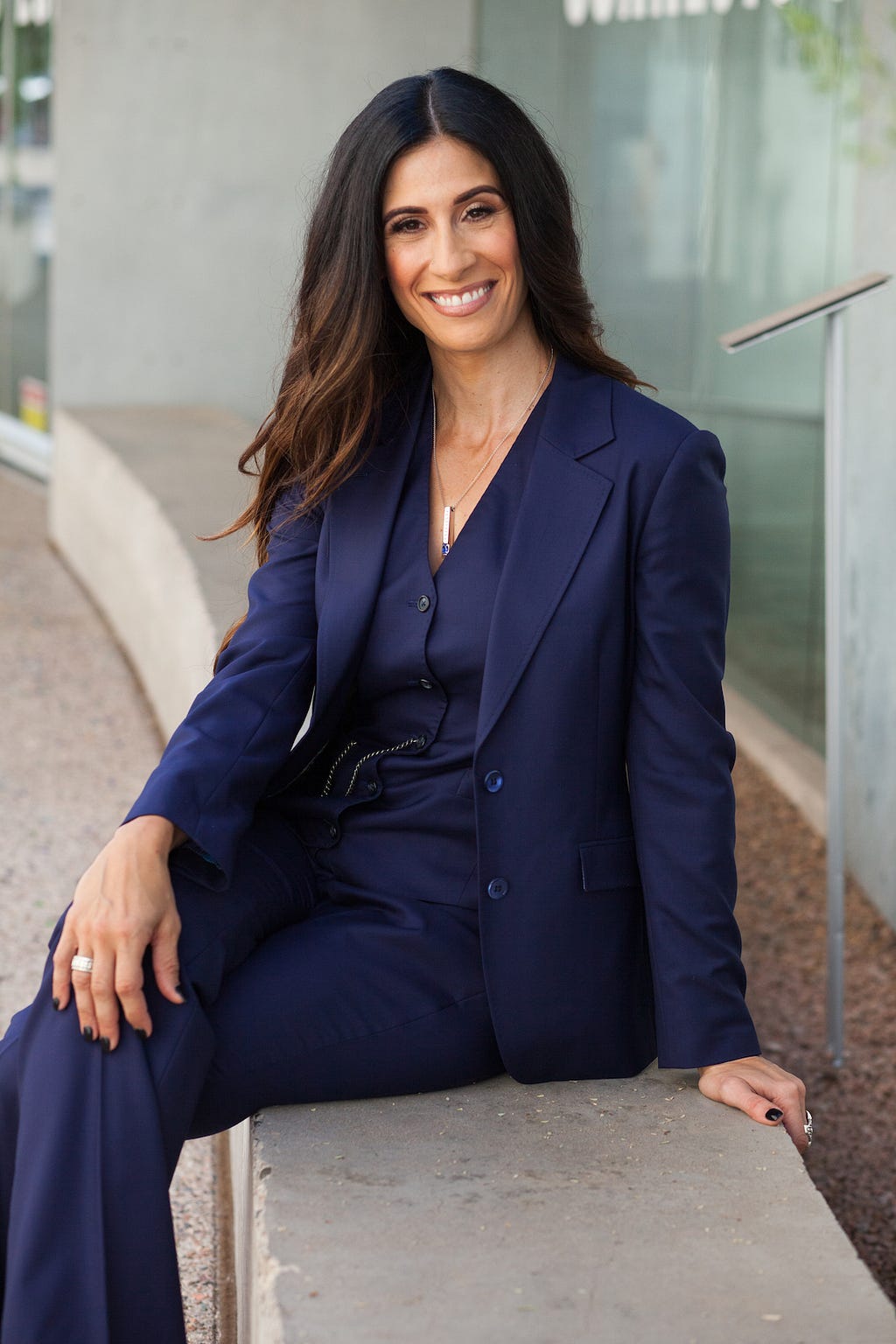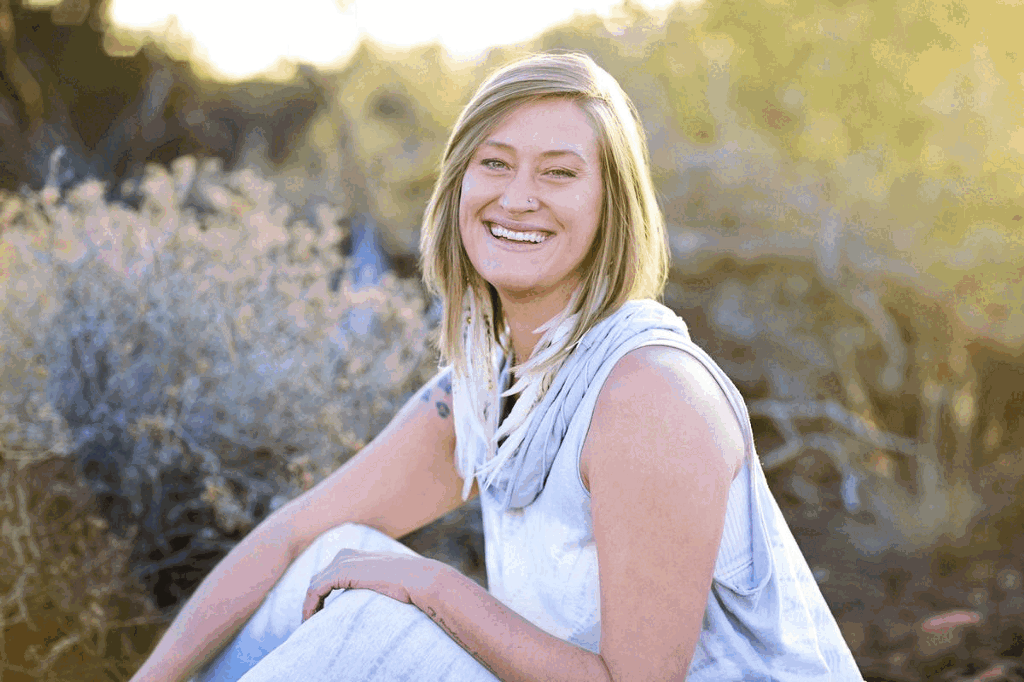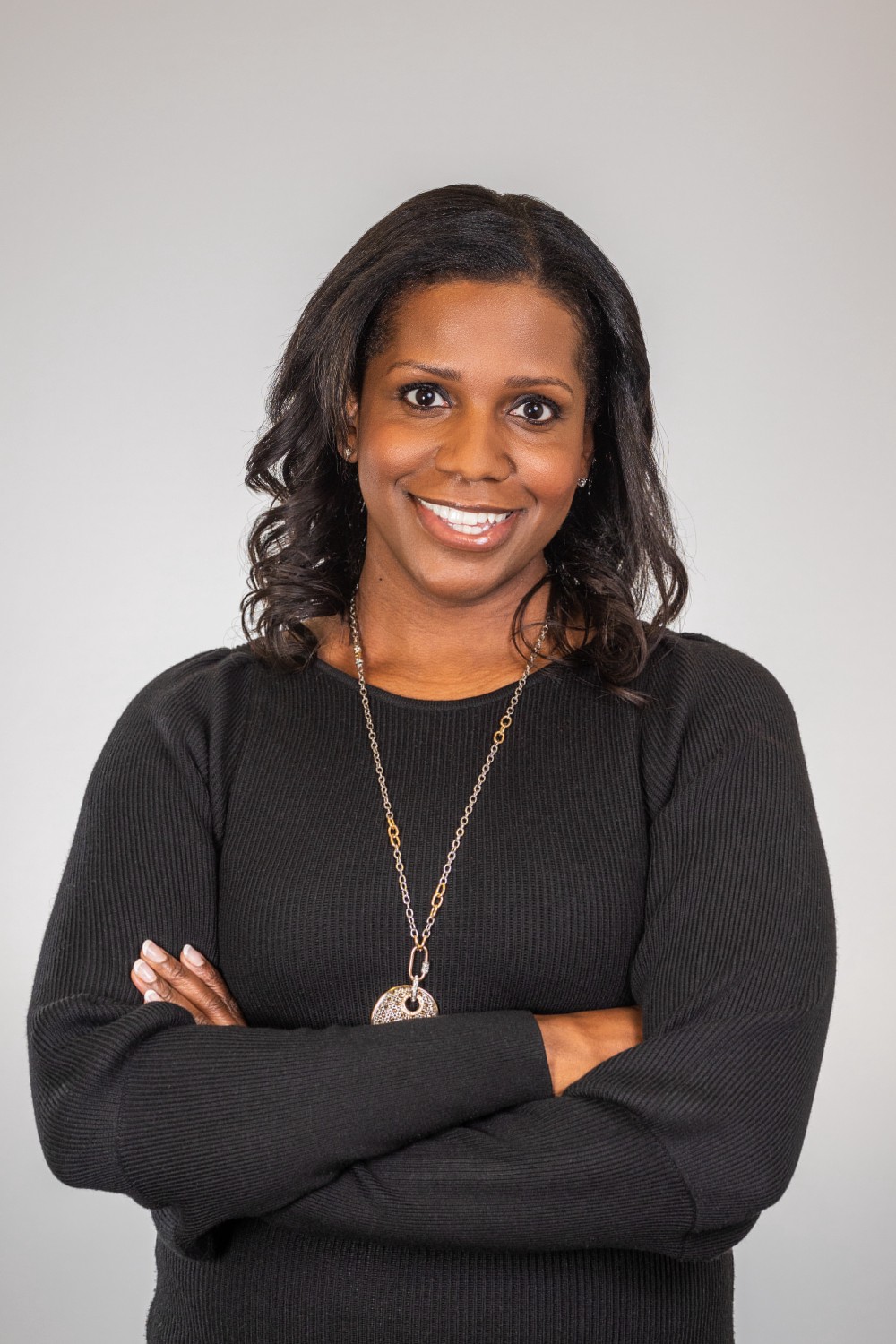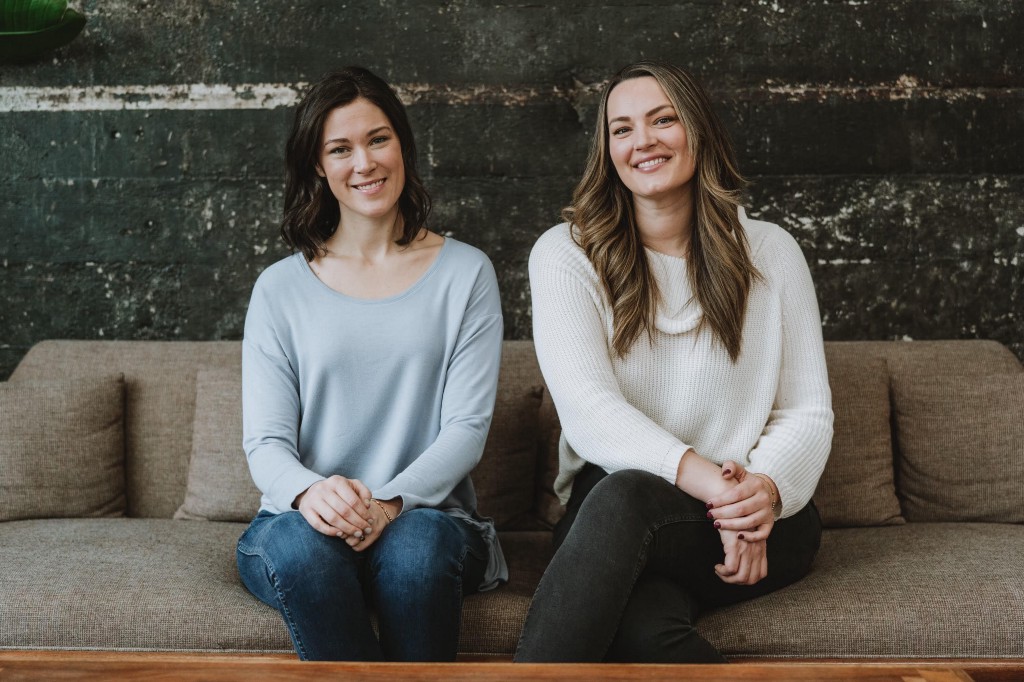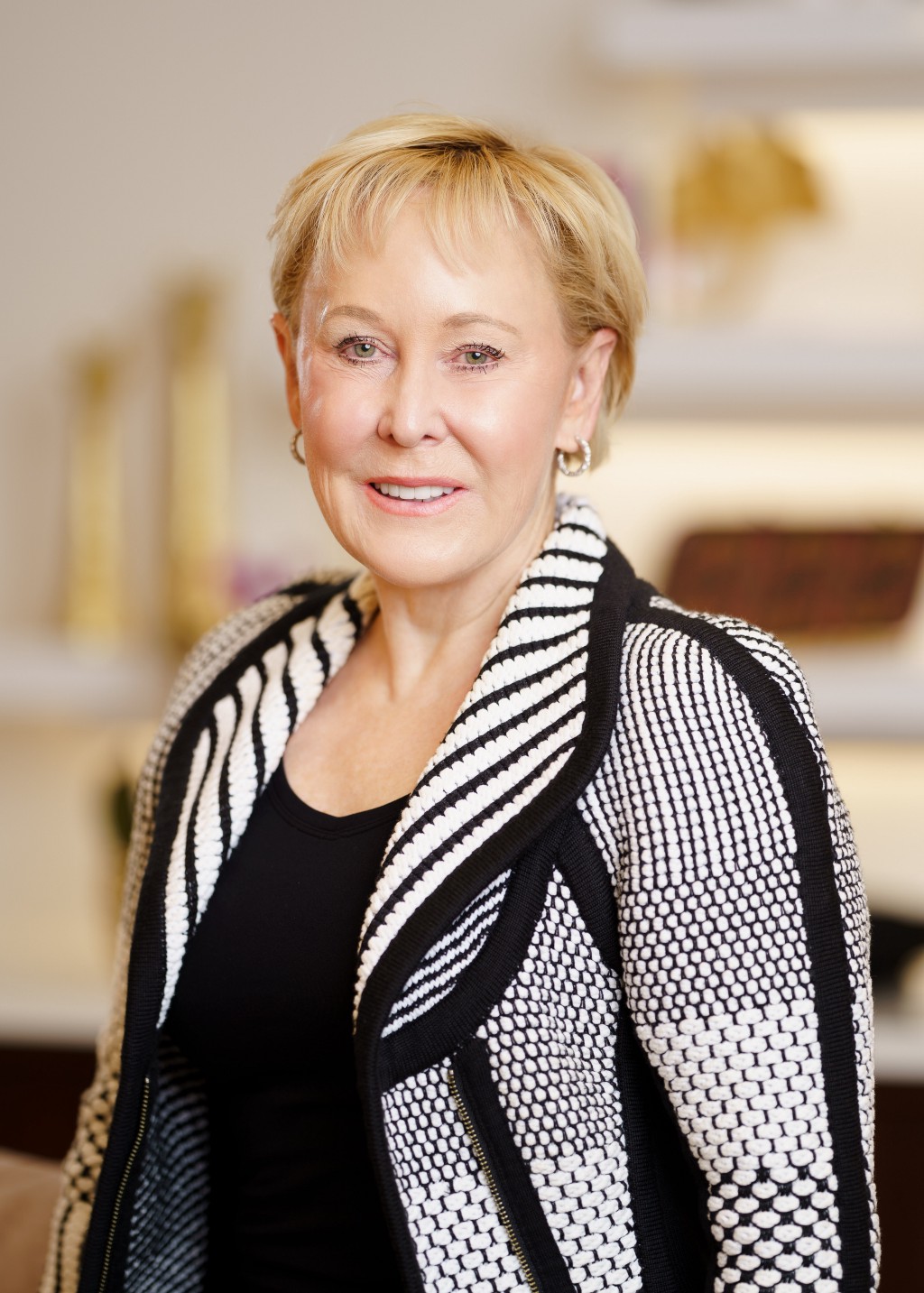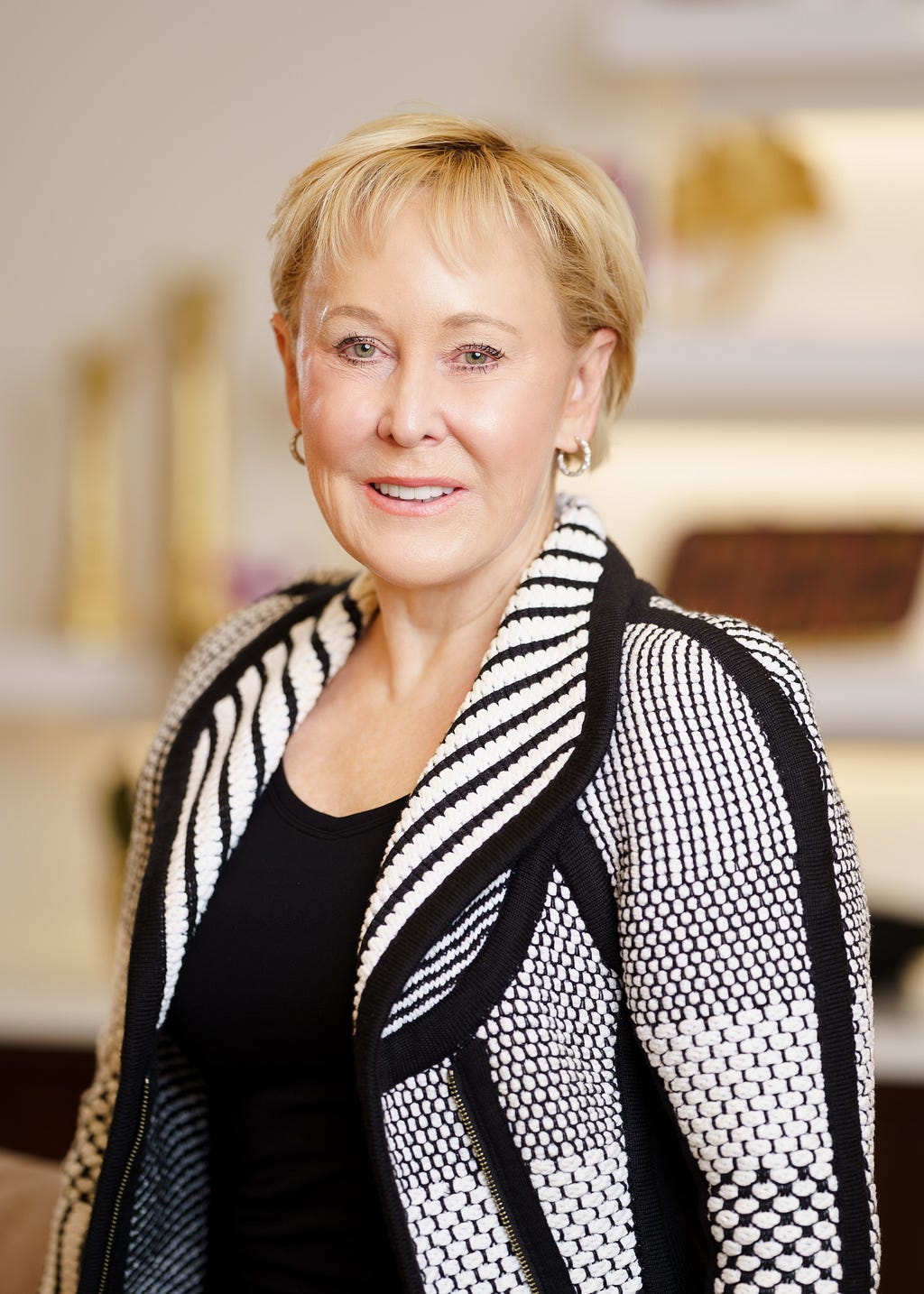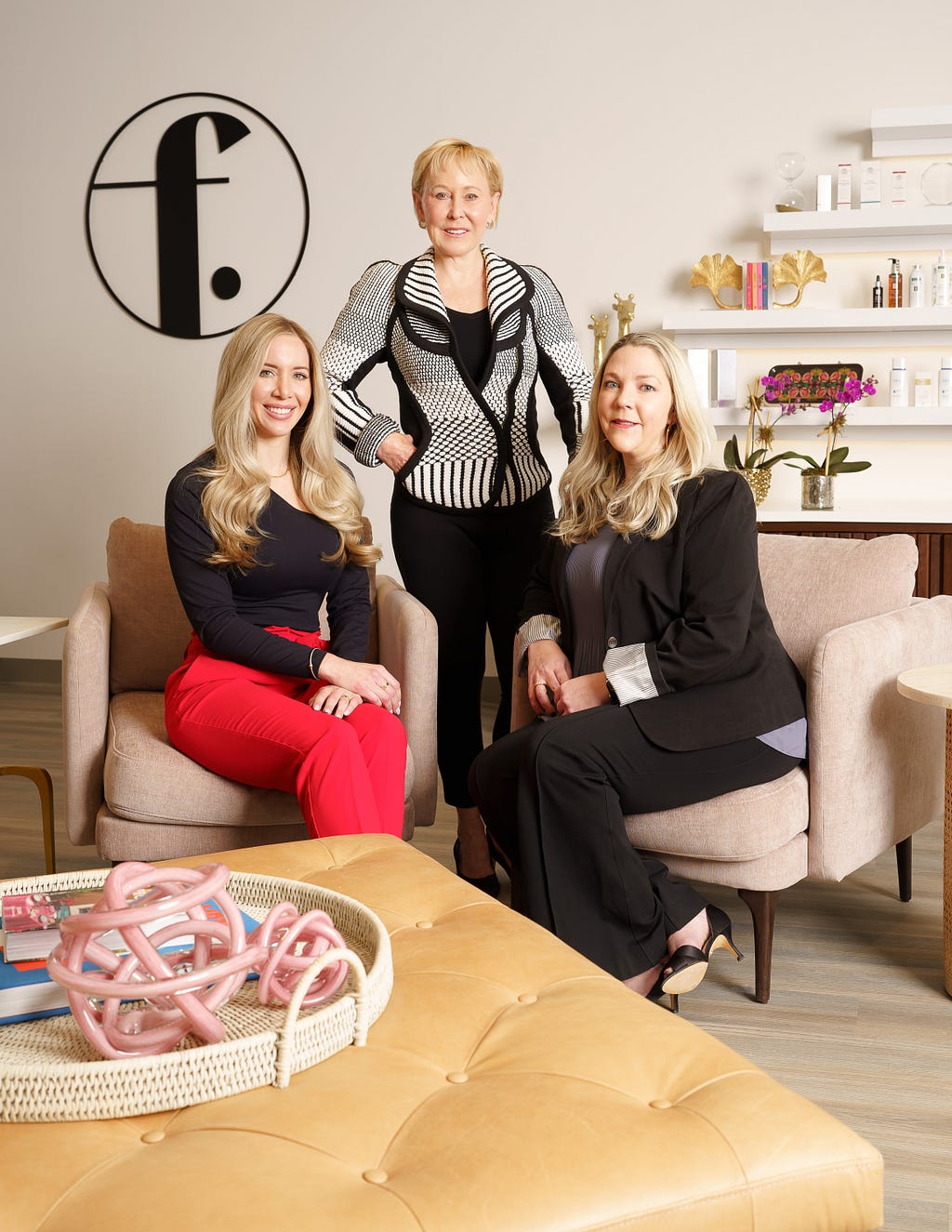An Interview With Candice Georgiadis

Start with the small wins. — Think about what’s the easiest way you can show up and yet be comfortable. Don’t put yourself under unnecessary pressure to be perfect, just the fact that you showed up is enough. It takes a lot of guts to do that. You’re a winner because you tried. With practice, you’ll get better at it.
As a part of our series about how very accomplished leaders were able to succeed despite experiencing Imposter Syndrome, I had the pleasure of interviewing Aishwarya Rajan.
Aishwarya Rajan is a New York City based fiction writer and mentor for creative women. Her website is https://www.aishwaryarajan.com/ As a writer, she understands the inner challenges that can arise as you start to do your life’s work. Through her healing journey, she has learned how to overcome these challenges and helps others do the same. Originally from India, her varied interests include reading and collecting books, Indian mythology and pursuing a holistic lifestyle.
Thank you so much for joining us! Our readers would love to “get to know you” a bit better. Can you tell us a bit about your ‘backstory’?
Of course! Thank you for having me. I grew up in India in a loving middle-class family. My father had a huge collection of books and he encouraged my love of reading. When I was 19, sadly he passed away. My parents had good jobs and money was never an issue, until it was. Due to unforeseen circumstances, our family fell on hard times. I was graduating college at the time and felt a bit lost. I felt that my Bachelors degree in English Literature would not enable me to secure the kind of job and pay that I wanted both for myself and to help my family, so I decided to go down a different path and become a flight attendant. It was fun and served my purpose for a while, but eventually changing priorities meant that it was time to move on.
So, after having left my job when I was 31 and moving to the US, I was again completely directionless and confused. I had to start from scratch. I knew what I didn’t want to do, but I didn’t know what I wanted. I tried hard to be something I wasn’t and applied for jobs that I knew that I wasn’t a fit for just to fit in. I knew in my heart of hearts, I wanted to be a writer. I had my husband’s support and a bit of personal savings left, but I still couldn’t do it. I was scared to take the plunge because all through your adult life the message you get is that writing is not a real job but the real reason in my case was that I wasn’t sure if I had what it takes.
Then just as I was thinking about my next move, I got a sudden health scare. I remember after weeks of struggling, there came a point when I got sick of being scared. Accepting where I was allowed me to be fully in the moment and helped me recover and regenerate. It was a wake-up call for me to stop caring what others think of me, make authentic choices and treat myself better. I decided that I had nothing to lose and started writing every day. I’m now writing the first draft of my novel and motivate other creatives to follow their heart.
Can you share with us the most interesting story from your career? Can you tell us what lessons or ‘take aways’ you learned from that?
As I mentioned, I was a flight attendant in my previous life. It taught me to be grateful for what I have and keep my priorities straight. On one hand it had elements of glamour, but on the other I would have to tend to a sick passenger or replenish the toilets. I realised that with everything you do, there will always be parts of it that appeal to you and then there will be parts that you’d rather not deal with. I also feel that sometimes you have to take up the job that is available to you and it doesn’t mean anything about your future potential. Even if you don’t completely align with what you are currently doing, there is always something you can learn in the whole experience which will come in handy at a later stage. In my case, living abroad alone in my early twenties made me stronger. My past experiences of travelling around the world and interacting with people from varied backgrounds helps me appreciate different perspectives in life, which in turn helps my writing.
What do you think makes your company stand out? Can you share a story?
What I found from my own experience of writing, as well as working with some super talented women, was that connection is key. To put it simply, connection is what happens when you are grounded and fully present in the moment. You can have all the talent in the world, but you won’t be able to get far unless you learn to truly connect with yourself, with others and with what you do.
I write best when I’m connected with both my body and my mind. If you think about it, that’s why some stories are evergreen because it helps the readers pause and connect with their truth in some way. Make sure to pick something you truly enjoy. Don’t follow any success formula, there are no short cuts. You have to genuinely want to offer value to your readers or customers, to make them feel like it was worth it.
None of us are able to achieve success without some help along the way. Is there a particular person who you are grateful towards who helped get you to where you are? Can you share a story?
Yes, there have been a few people who have helped me in my journey. But I want to give a special mention to my dad. He was an inspiring person who always had a smile and a great attitude. He helped so many strangers over his lifetime without expecting anything in return and to this day random people remember him for that. I learned from my dad that ultimately what matters more is what’s inside your heart, not in what’s external to you. That said, he always made me feel like I could achieve anything I put my mind to. I remember once at a PTA meeting in middle school, the teacher said I was no good at mathematics. Later when driving back home, he told me everyone has different strengths and interests, that I should make sure I pass my exams but to give special attention only to that which I naturally aligned with. He would bring me books that he felt I would enjoy reading, and of course he would get it right every time.
Ok thank you for all that. Now let’s shift to the main focus of this interview. We would like to explore and flesh out the experience of Impostor Syndrome. How would you define Impostor Syndrome? What do people with Imposter Syndrome feel?
Imposter Syndrome is forgetting your essential dignity as a human being. All human beings are worthy by default but sometimes we forget to include ourselves in it. It’s a state of disconnection from ourselves. It’s you thinking there’s some minimum standard that you needed to have already met in order to be seen and that obviously everyone else but you has met that standard. Of course, it’s not true.
You can feel like you don’t belong in the company of more successful people, like people are obviously laughing at or ridiculing you in their minds if not openly or worry that you will look silly and amateurish if you go ahead with it. It can sometimes be hard to spot especially when one has achieved some measure of external success, but being a perfectionist or having really high standards are some clues.
What are the downsides of Impostor Syndrome? How can it limit people?
Each one of us has innate gifts through which we bring value to the world. Those with Imposter Syndrome find it hard to make use of those gifts and it stops them from fulfilling their true potential in life. They struggle to own up to their zone of genius because they’re so busy trying to fit in with everyone else. It comes from a huge fear of being seen and of success as much as failure.
How can the experience of Impostor Syndrome impact how one treats others?
When you have imposter syndrome, you’re not able to show up as your true self. You idealize others and think you are defective. That stops you from speaking your truth. You end up not pursuing the kind of meaningful connections and opportunities that you deserve.
When you overcome Imposter Syndrome however, it can really help you humanize people and develop empathy for others. You don’t see yourself or them through the prism of acceptability. You see the whole person and can therefore connect more authentically. This gives other people the space to be themselves as well. In that sense, you become a healer.
We would love to hear your story about your experience with Impostor Syndrome. Would you be able to share that with us?
For the longest time I never told anyone that I wanted to be a writer. Even after deciding to be one, I still felt a sense of dread introducing myself. I was in some writing groups, and I’d either be very silent or try to impress others so that they would take me seriously. I didn’t know what to say. I felt like I had to have a list of credentials handy before putting myself out there. It felt like I didn’t deserve to be seen or acknowledged if I hadn’t already proved myself. The truth is we all have to start somewhere. Nobody is an expert in all areas of their life. I started looking at the things I felt I was good at and that helped me believe in myself. I finally felt at ease when I found the courage to accept that I’m a writer and that alone is enough.. I am enough.
Did you ever shake the feeling off? If yes, what have you done to mitigate it or eliminate it?
Yes, I have. I practice communicating vulnerably. It’s not always easy but it’s definitely gotten easier with time. If I’m feeling nervous I share that even if it’s in some small way. That makes it better every time.
Another major thing that has helped me is focusing on gratitude. I remind myself that a lot of things had to have gone right for me to even exist on this planet and I’m really thankful for that. It puts things into perspective and stops me from overthinking it.

In your opinion, what are 5 steps that someone who is experiencing Impostor Syndrome can take to move forward despite feeling like an “Impostor”? Please share a story or an example for each.
Step 1: Start with the small wins.
Think about what’s the easiest way you can show up and yet be comfortable. Don’t put yourself under unnecessary pressure to be perfect, just the fact that you showed up is enough. It takes a lot of guts to do that. You’re a winner because you tried. With practice, you’ll get better at it.
Step 2: Remind yourself that you don’t have to impress anyone.
You don’t have to impress anyone so just give it a try. It doesn’t mean you’ll do it perfectly or that you’ll be able to show up exactly as you imagined. But the first step is often the biggest step. When I first started to put myself out there, I was not sure what I should be doing. It seemed like as a writer I’m supposed to hide away in a corner writing and not really say anything. But I knew that I wanted to express my thoughts on a number of topics that are important to me. I made my first video and I thought it didn’t sound like me at all. But I kept going and reminding myself to celebrate all the stages of my journey, including the beginning. That’s when I started enjoying the process because the pressure was off.
Step 3: Focus on authenticity, not accomplishments.
Be aligned with who you are, because your most important accomplishments will come as a result of that. How can you show up as your truest self? If you struggle with Imposter Syndrome, it’s ok to be honest and share it with others. Even if it’s only a brief acknowledgment, it will help you relax and become more confident. You don’t have to act like you have it all figured out to be seen as an expert. People tend to gravitate towards those they can relate to and a lot of us have struggled with our confidence at some point. This is how your weakness turns into your strength, through your authenticity and vulnerability. If I feel nervous speaking in front of a big group, I acknowledge that and focus on our shared humanity. That lessens the awkwardness and brings us closer. When you look at the big picture, it changes the whole atmosphere in the room and makes you feel a lot more relaxed.
Step 4: Get clear on your ‘why’.
Your why is linked to your purpose and goals. What you can offer or are offering is bigger than you. Somebody out there needs what you and only you can offer them. Remembering that puts things into perspective and helps you calm down.
Step 5: Invest in your healing.
For a lot of people, Imposter Syndrome is linked to past conditioning and life experiences. Find out what’s holding you back and work towards removing your limiting beliefs. There are many healing modalities and you just have to find the ones that work for you. Ultimately, it’s about feeling confident in the knowledge that you are safe and grounded, even if it feels like the opposite when you go outside your comfort zone.
You are a person of great influence. If you could inspire a movement that would bring the most amount of good to the greatest amount of people, what would that be? You never know what your idea can trigger. 🙂
My movement would be taking the time to connect with our breath. If we could all be silent and present with our thoughts, feelings and triggers, the world would be a much better place for all of us.
We are blessed that some very prominent leaders read this column. Is there a person in the world, or in the US, with whom you would love to have a private breakfast or lunch, and why? He or she might just see this, especially if we tag them 🙂
I would love to sit down and have a conversation with the author Chimamanda Ngozi Adichie. I think she is strong, warm and gracious, and of course a brilliant writer.
How can our readers follow you on social media?
You can follow me on Instagram at https://www.instagram.com/iamaishwaryarajan
This was very inspiring. Thank you so much for joining us!
Aishwarya Rajan On How To Thrive Despite Experiencing Impostor Syndrome was originally published in Authority Magazine on Medium, where people are continuing the conversation by highlighting and responding to this story.


